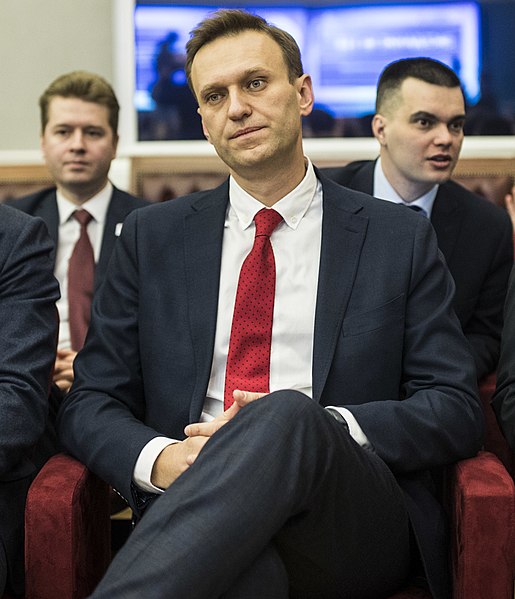A lesson from afar: Navalny in Russia


In August of last year, Alexei Navalny, opposition leader and anti-corruption activist in Russia, was poisoned in Siberia. The nerve agent Navalny was exposed to placed him in serious condition and a coma in a Berlin hospital.
The Russian government was the prime suspect of the attack. But this week, in an act of defiance and heroism, Navalny returned to Russia.
When the plane carrying Navalny and numerous journalists landed in Vnukovo, he was taken into custody and escorted to a detention centre, where he awaits trial for alleged criminal activity. Don’t hold your breath for a fair trial. Nobody, including Navalny himself, was surprised by any of this.
So, I suppose that leaves an important question. Why return at all?
There may have been a time when this sort of selfless action was completely normal and expected in the public sphere. I mean, why let someone lead a country if they think more of themselves than the public they serve?
But if those times ever existed, they have, for the most part, long passed. Governments everywhere are filled with politicians whose opinions blow back and forth as political winds change, and who flee from politics altogether when the slightest bit of trouble arises.
The intellectual exercise of naming a politician who cares more about the public than their own power, money or ego is quite a task. And if the answers you can find to that exercise only exist on one side of the aisle, that may be a result of partisanship rather than accuracy.
Navalny’s example demands our leaders be better. Our politicians will not risk putting themselves in political harm by keeping true to conscience.
Navalny openly puts himself in political and physical harm, demanding all the things his conscience calls for, poison or not. Our politicians do nothing that could place them outside of their political party, at all times adhering to its rules and regulations.
Navalny is now in a prison but knows that his defiance of Russian rule is moral. Our politicians say nothing that could get them in trouble with Twitter mobs or corporate executives or anyone in-between.
Navalny just released an investigative documentary into the wealth of Vladimir Putin, the very man who controls the country that is jailing him. Our standards should be high for politicians. And no, they don’t need to be put through near-death experiences to prove their loyalty to the public.
But it would be nice if more politicians entered the public arena because they wished to serve something other than themselves, their egos and their bank accounts. This kind of person is sorely lacking in politics everywhere.
I am currently writing this article one day before scheduled protests in 60 cities throughout Russia, all in response to the stir caused by this arrest and the information Navalny has disseminated.
Organizers have been thrown in jail. Supporters have been told arrests will occur if demonstrations go forward. Journalists have been told the same. University students have even been told that participation would constitute expulsion.
I wish every person who is peacefully protesting tomorrow safety and success. The Russian democratic system is broken if the only way to retain power is to jail political opponents. Navalny has proven that he has public support in Russia, so now it may be time for other countries to urge on the changes he asks for.
Some positive steps have been taken by the European Union Parliament. They have called upon member states to impose sanctions in response to arrests. Russia dismissed the idea, stating the imprisonment of Navalny was a national matter.
Be that as it may, it is perfectly acceptable to place sanctions on countries that violate human rights by locking up political opponents. Nations cannot live completely in isolation. When real moral hazards are happening abroad, and we can make slight changes to foreign policy that would help, we must follow through with those changes.
Godspeed, Mr. Navalny.


